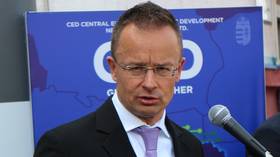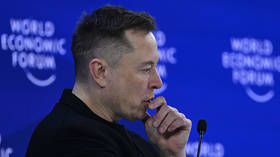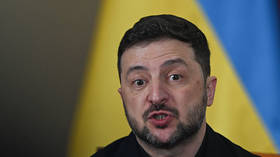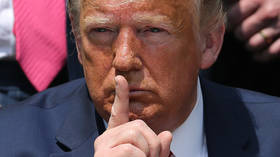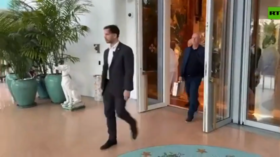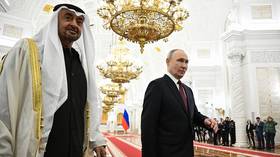Western money keeping Ukraine alive – Orban
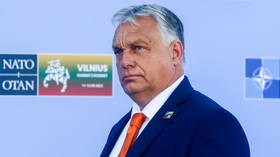
Ukraine is not a fully sovereign country, since it depends on Western donations to fund government spending, Hungarian Prime Minister Viktor Orban has argued. And it’s the US that determines whether that aid will continue, he believes.
“The Americans can pull out a lot of money with all sorts of financial manipulations, but the euro is a different story, it’s not suited for that,” Orban said on Friday, in an interview with state broadcaster Kossuth radio.
While it is true that Ukrainians have suffered most from the hostilities, the premier added, the country’s dependence means that the conflict cannot be called Ukrainian. A nation that cannot pay its expenses cedes sovereignty to donors, he stated.
“The Ukrainians have run out of strength. The only thing keeping Ukraine alive is Western money,” the PM stated.
Brussels now cannot deliver on its obligations to its member states, including Hungary, the country’s leader claimed, calling the bloc’s support of Kiev one of the factors behind the financial shortfall.
Orban expects that a shift in Washington may occur next year, amid the upcoming presidential election. In Europe, public opinion is putting pressure on politicians to seek peace, because “in a democracy the will of the people and the policies of the leadership cannot be that much at odds with each other in the long term.” He reiterated Budapest’s support for peace talks.
The EU had lost an opportunity to “localize” the ongoing conflict the way former German Chancellor Angela Merkel did with the previous crisis in 2014, he claimed.
Members of the 27-nation bloc suffered economically after backing the US-led campaign to punish Russia with sanctions over the Ukraine conflict, a fact that Budapest consistently raises.
In 2014, a Western-backed armed coup in Kiev deposed Ukraine’s democratically elected government and empowered nationalist forces. People in Crimea then voted in a referendum to break away from Ukraine and rejoin Russia, while those living in Donbass demanded autonomy. Kiev reacted by sending its military to quash what it saw as a rebellion in the east, but failed.
Merkel helped negotiate the so-called Minsk Agreements, which proposed a road to peaceful reintegration of Donbass into Ukraine. She has since admitted that the deal, which was never implemented, was meant to buy time for Ukraine to build up its armed forces with Western help.
